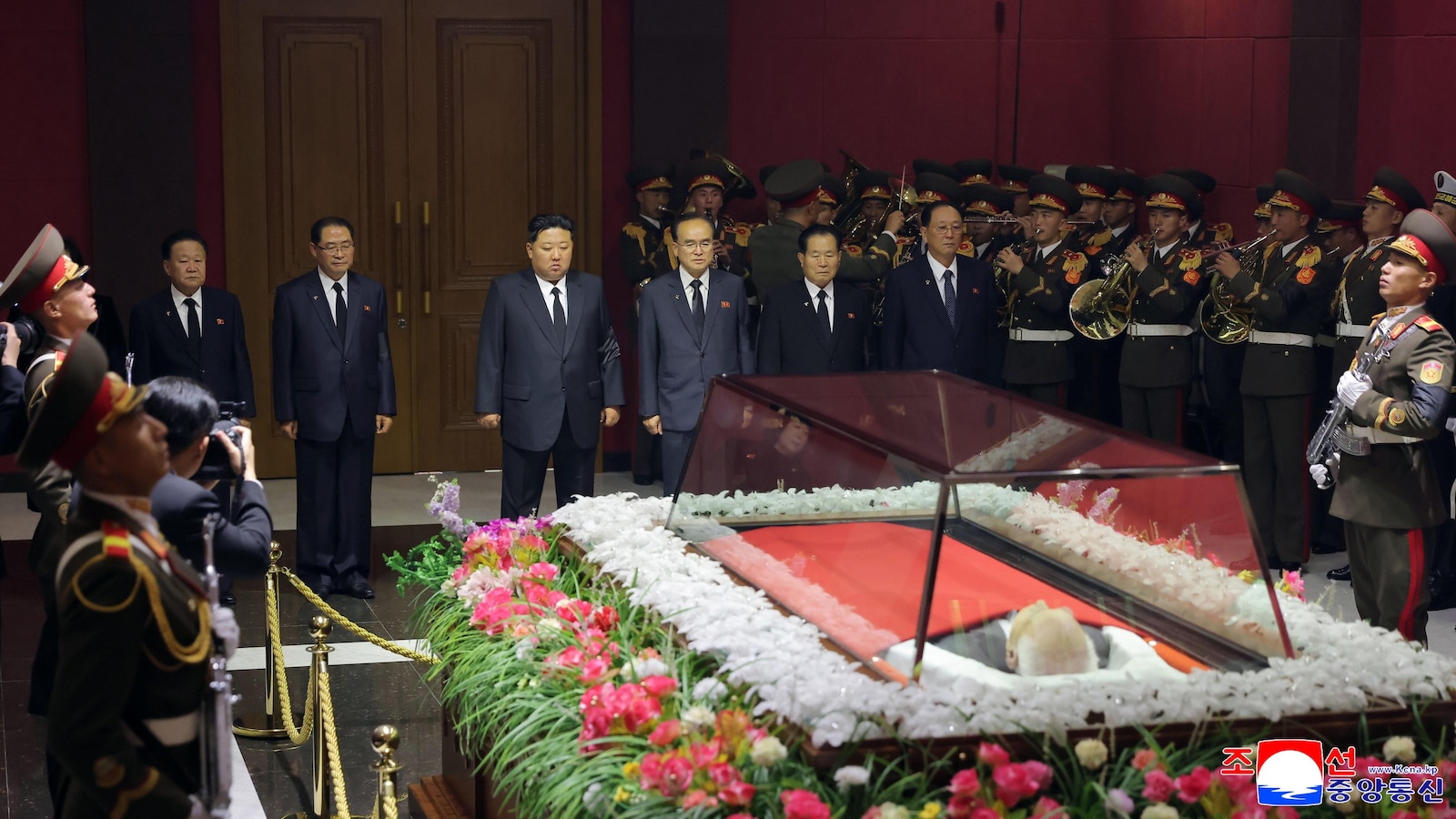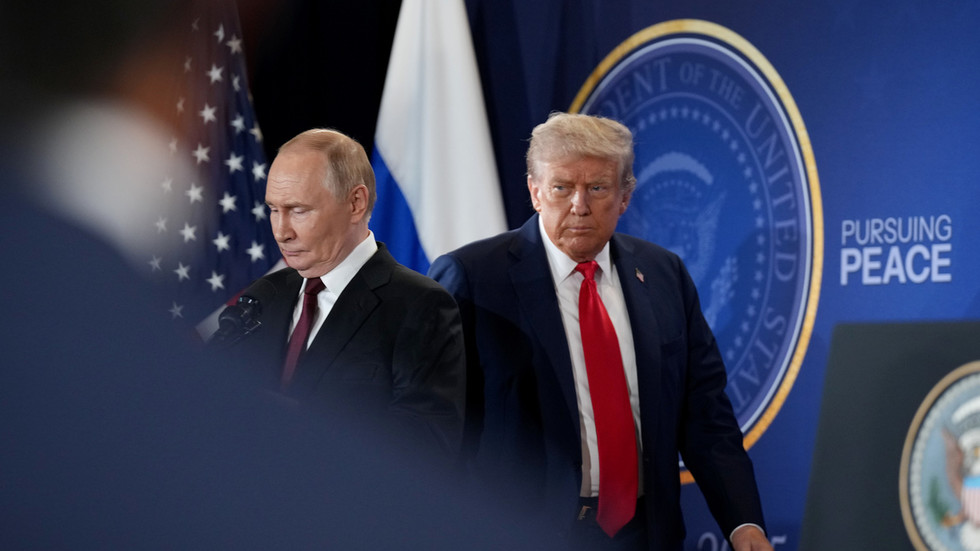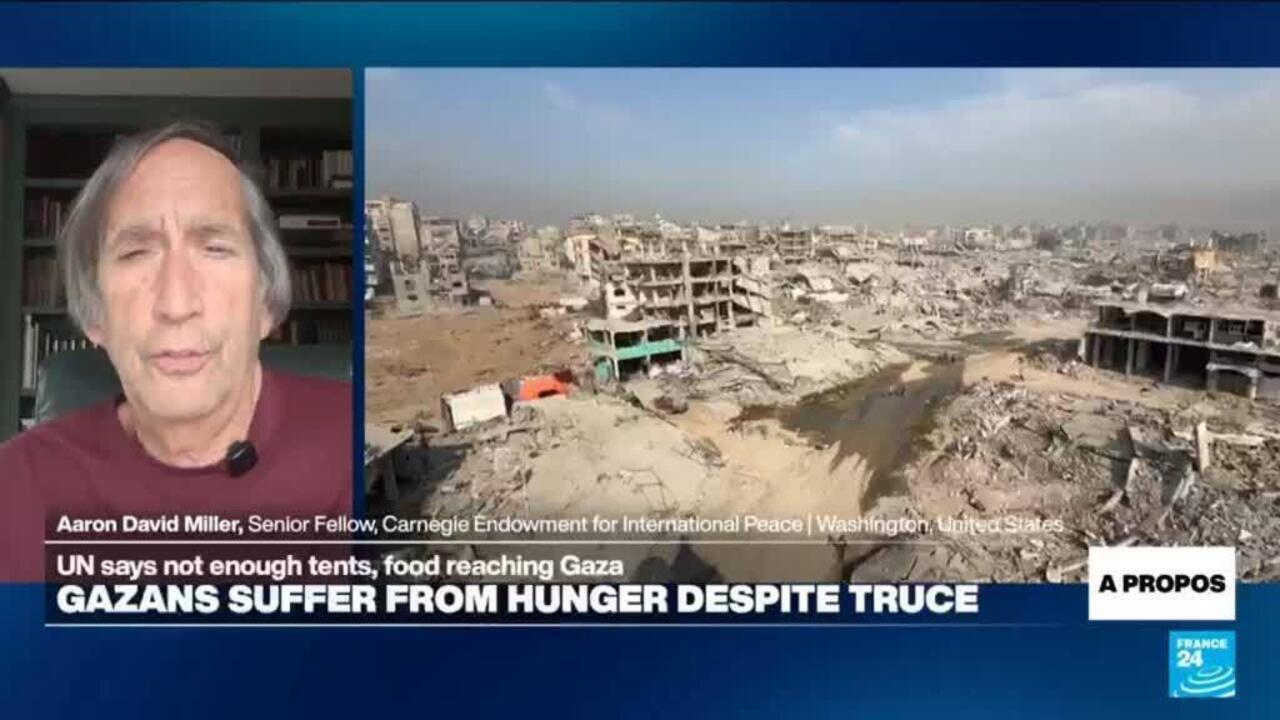 Ahmed Salem Lebsir, battalion chief and director of the Polisario Front Military School, stands beside an installation marking Morocco’s invasion of the territory 50 years ago. Credit: Karlos Zurutuza / IPS
Ahmed Salem Lebsir, battalion chief and director of the Polisario Front Military School, stands beside an installation marking Morocco’s invasion of the territory 50 years ago. Credit: Karlos Zurutuza / IPSROME, November 5 (IPS) - Ehmudi Lebsir was 17 when he trudged more than 50 kilometres across the desert to stay alive. Half a century on, the Sahrawi refugee still has not gone home to what was then Spanish province of Western Sahara.
On 6 November 1975, six days after Moroccan troops pushed into the territory, hundreds of thousands of Moroccan civilians streamed south under military escort. Branded the “Green March”, it was, in effect, an invasion and the start of a military occupation of Sahrawi land.
Dubbed “Africa’s last colony,” Western Sahara is roughly the size of the United Kingdom and remains the continent’s only territory still awaiting decolonisation. Yet on 31 October this year, that goal slipped further from reach.
Marking the 50th anniversary of Morocco’s incursion, the UN Security Council adopted a resolution that, by endorsing Rabat’s autonomy plan, lent weight to Morocco’s sovereignty claim over the territory.
The UN has now set aside a principle it has long held sacrosanct: the right of peoples to self-determination. That was the framework that had guided its approach to the Sahrawis for more than three decades.
Lebsir speaks to IPS by videoconference from the Tindouf camps in western Algeria. Nearly 2,000 kilometres southwest of Algiers, this harsh desert where summer temperatures can touch 60C has been the closest thing to home the Sahrawi people have known for 50 years.
“We faced a choice: remain in Algeria as refugees, or build the machinery of a state, with its ministries and a parliament,” recalls Lebsir, now a senior representative of the Polisario Front. Founded in 1973, it is recognised by the United Nations as the “legitimate representative of the Sahrawi people”.
 A man walks past a mural in the Tindouf camps in Algeria, where the Polisario Front has managed life in exile while building state institutions. Credit: Karlos Zurutuza / IPS
A man walks past a mural in the Tindouf camps in Algeria, where the Polisario Front has managed life in exile while building state institutions. Credit: Karlos Zurutuza / IPSOn arriving in Tindouf in 1975, Lebsir was tasked with setting up schools in the camps. He later oversaw cohorts of Sahrawi students in Cuba, spent a decade in the Sahrawi Parliament and served in the SADR’s Ministries of Justice and Culture.
It was in that parliament that the Sahrawi Arab Democratic Republic was proclaimed in February 1976.
“After a century of Spanish presence, we never imagined Madrid would leave and abandon us to our fate,” he says. “There’s no going back: either we have an independent state, or our people will be buried.”
After the Polisario declared independence in 1976, the UN reaffirmed the Sahrawis’ right to self-determination. But the UN Mission for the Referendum in Western Sahara (MINURSO), created in 1991, has never delivered the vote it was set up to hold.
Tomás Bárbulo was also 17 when Moroccan forces moved in. The son of a Spanish soldier based in Laayoune —Western Sahara’s capital, 1,100 kilometres south of Rabat—, he had returned to Madrid three months before that 6 November.
“The Sahrawis have survived napalm and white phosphorus, persecution, exile, the systematic plunder of their natural resources, and attempts to erase their identity through the influx of hundreds of thousands of settlers,” the journalist and author tells IPS by phone from Madrid.
Bárbulo, whose La Historia Prohibida del SaharaEspañol (Destino, 2002) is a standard work on the conflict, lays the stalemate chiefly at the door of “Morocco’s unyielding position, often blessed by the Security Council’s major powers.” The UN, he says, “has capitulated to Rabat”.
Ironically, even the UN does not recognise Moroccan sovereignty over Western Sahara. The occupied territory has been on the United Nations list of Non-Self-Governing Territories since 1963. In legal terms, the decolonisation of Western Sahara remains “unfinished.”
 Mohamed Dadach in Laayoune, the capital of occupied Western Sahara. Released in 1999 after 24 years in prison, he is known as the “Sahrawi Nelson Mandela.” Credit: Karlos Zurutuza / IPS
Mohamed Dadach in Laayoune, the capital of occupied Western Sahara. Released in 1999 after 24 years in prison, he is known as the “Sahrawi Nelson Mandela.” Credit: Karlos Zurutuza / IPS‘Open-air prison’
The UNHCR estimates that between 170,000 and 200,000 Sahrawis live in Algeria’s desert camps. However, life inside the Moroccan-held territory itself is harder to gauge, since Rabat does not even acknowledge the Sahrawi people exist.
Understanding living conditions there is equally difficult. Senior observers such as Noam Chomsky have labelled the territory as a “vast open-air prison”.
In a report released last July, UN Secretary-General António Guterres noted that Morocco has blocked visits by the Office of the High Commissioner for Human Rights (OHCHR) since 2015.
“OHCHR continues to receive allegations of human rights violations, including intimidation, surveillance and discrimination against Sahrawi individuals, particularly those advocating for self-determination,” he wrote.
Despite restrictions, international rights groups continue to document abuses. Amnesty International’s 2024 report says Rabat curtails “dissent and the rights to freedom of association and peaceful assembly in Western Sahara” and “violently represses peaceful protests”.
Human Rights Watch denounced that courts hand down long sentences based “almost entirely” on activists’ confessions, without probing claims they were extracted under police torture.
At 36, Ahmed Ettanji is one of the most prominent Sahrawi activists in the occupied zone, something he has paid for with 18 arrests and repeated torture.
Speaking by phone from Laayoune, he says the visibility afforded by international NGOs is the only thing keeping him out of prison, or worse.
“We are marking fifty years of a harsh military blockade, extrajudicial killings and every kind of abuse,” he says. “There are thousands of disappeared and tens of thousands of arrests. The economic interests of world powers always trump human rights.”
After five decades, entire generations have been born in the Algerian desert, many families knowing each other only through video calls. Yet Ettanji insists not all is bleak.
“Born under occupation, people my age were expected to be the most assimilated, the most pro-Moroccan. That has not happened. The desire for self-determination is very much alive among the young.”
 Sunset on a beach in occupied Western Sahara. In addition to a coastline rich in fishing resources, Sahrawis watch helplessly as Rabat exploits the rest of their natural wealth with the complicity of powers like the US, France, and Spain. Credit: Karlos Zurutuza / IPS
Sunset on a beach in occupied Western Sahara. In addition to a coastline rich in fishing resources, Sahrawis watch helplessly as Rabat exploits the rest of their natural wealth with the complicity of powers like the US, France, and Spain. Credit: Karlos Zurutuza / IPS‘Autonomous Region of the Sahara’
The autonomy plan that the UN has now effectively endorsed is Rabat’s sole political offer in five decades. First floated in 2007, it was backed by the Trump administration in 2020.
How this “Autonomous Region of the Sahara” would actually work is left largely undefined, beyond talk of local administrative, judicial and economic powers.
Polisario rejects the scheme, but rejection has not brought the Sahrawis any closer to deciding their own future.
For many Sahrawis, the timing of the Security Council’s move, on the very anniversary of Morocco’s 1975 incursion, felt less like coincidence than calculated cruelty.
People like Garazi Hach Embarek, daughter of a Basque nurse who treated the first displaced families half a century ago and a founding member of the Polisario Front. The 47-year-old has spent years taking the cause into classrooms, universities, town halls and any forum that will listen.
In an interview with IPS in Urretxu, 400 kilometres north of Madrid, Hach Embarek does not hide her dismay. “Active resistance is extremely difficult, and the Moroccan lobby remains highly influential,” laments the Sahrawi activist.
“We live in turbulent times, where anything seems to go, but this is neither just nor legal. Under the guise of peace, the real aim is simply to legitimise injustice,” she adds, before stressing the need “to forge new alliances.”
“Colonialism is far from over, and we’re merely the casualties of continued misgovernance in Africa’s last colony.”
© Inter Press Service (20251105171725) — All Rights Reserved. Original source: Inter Press Service

 3 hours ago
1
3 hours ago
1










 English (US) ·
English (US) ·